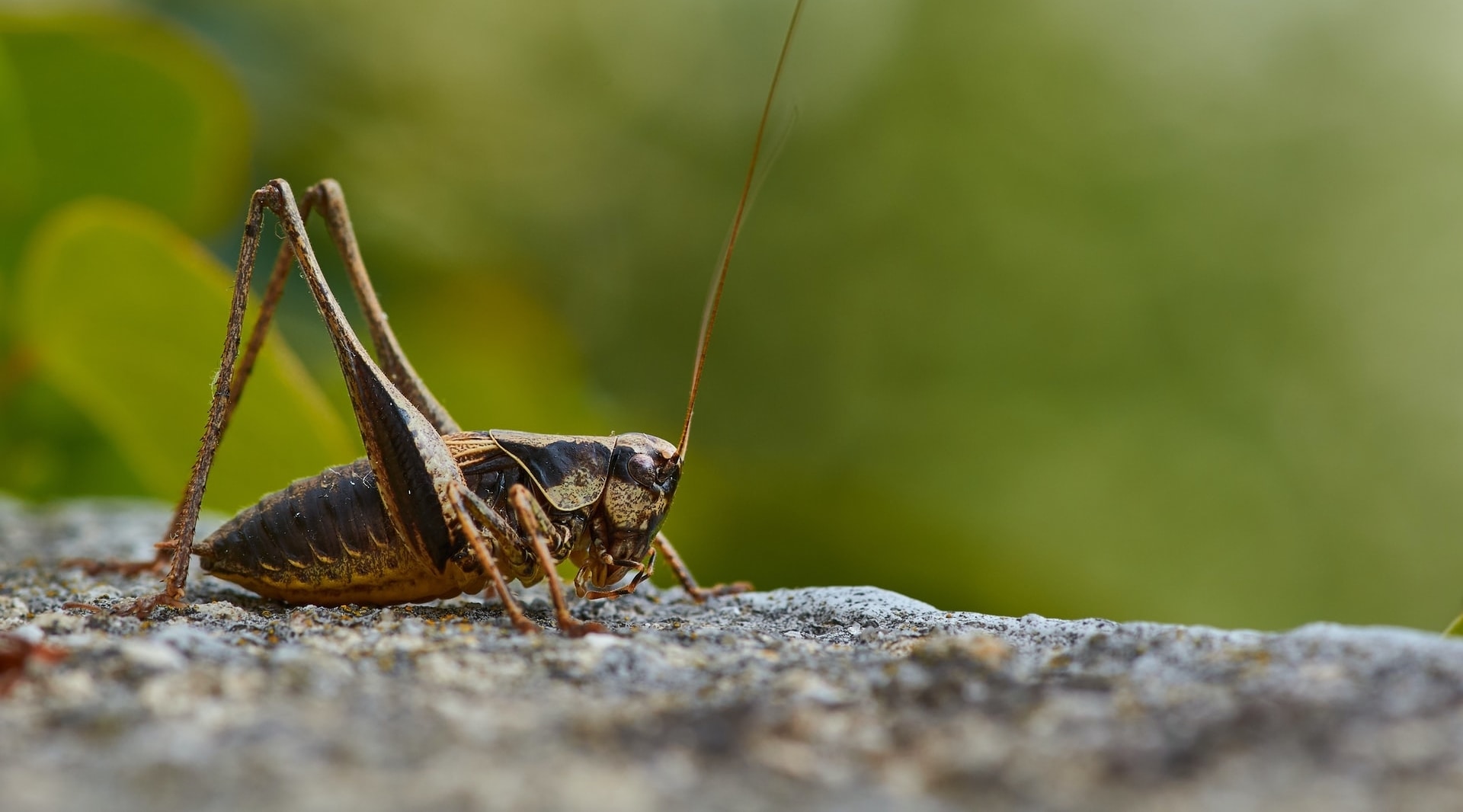Algorithmic Visions: Weighing the Benefits and Costs of Psychedelic AI Art
Psychedelic AI art is everywhere – or at least, I’m seeing it everywhere (because many accounts/people I follow on social media are focused on psychedelics). I see psychedelicised AI art used as images for social media posts, blog posts, event listings, websites, and podcasts – in all kinds of online content, really. I mentioned one…
View Post



